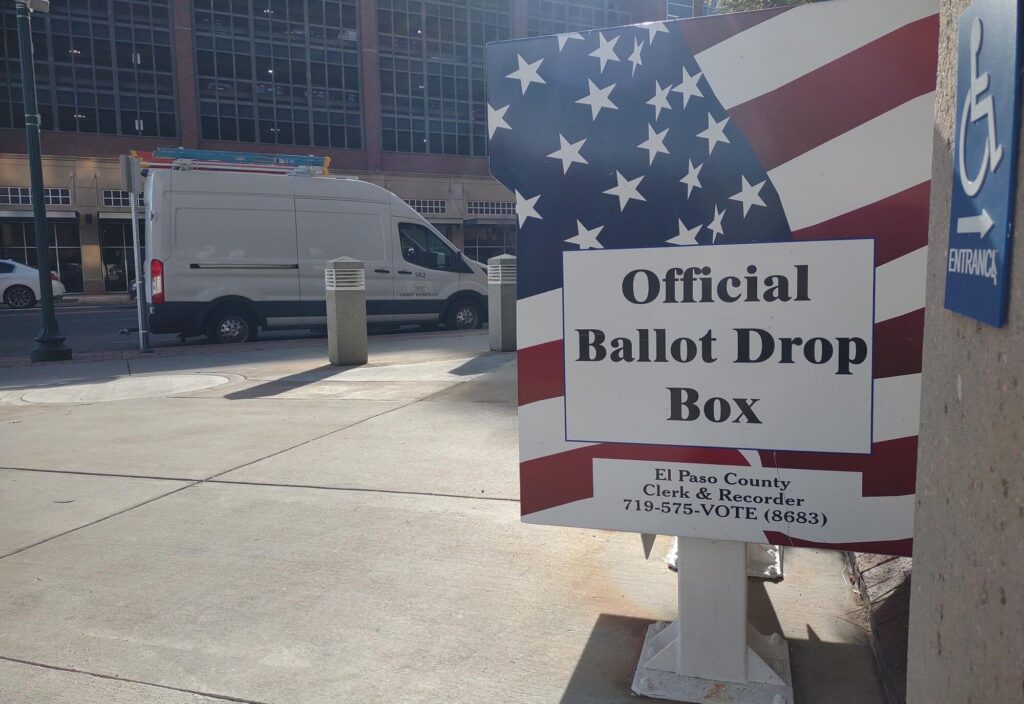Denver auditor granted subpoena power by City Council

Denver Auditor Timothy O’Brien now has the ability to issue subpoenas after the City Council approved a bill Monday granting the position subpoena power.
With this new power, O’Brien can demand a person or entity provide documents, information or testimony when conducting internal audits, investigations and enforcement of minimum-wage rules.
O’Brien said subpoena power will allow him to efficiently and effectively do his job; in recent years, he said, some third-party entities who contract with the city have refused to provide documents and information for him to perform audits.
In addition, after the passage of Denver’s minimum-wage law in 2019, the type and amount of necessary information the auditor requires has increased, O’Brien said.
The bill received substantial push back from the business community and several council members.
In a joint statement, the Downtown Denver Partnership, Denver Metro Chamber of Commerce and Colorado Competitive Council opposed granting the auditor subpoena power, saying it places undue burden on businesses and does not give them enough time to respond.
“While the intention of this bill aims to protect employees, our concerns lie the precedent this bill may set not only in placing burdensome processes upon the business community but also providing extensive authority to an individual without oversight,” the statement said.
Bills for common consumption, auditor subpoenas, Channel 7 landmark pass first vote
City Attorney Frank Romines said the bill does not expand access to information, but provides the auditor access to information already allowed under law when it is not provided. Romines said he has seen the auditor be denied information that he should have legal access to in the last few years.
Under the bill, the auditor can issue subpoenas if a written request for records or testimony has not been met after 15 days or more. The person or entity being subpoenaed then has another 15 days to comply.
During committee meetings, business entities also claimed that, in noncompliance examples O’Brien brought up, they did provide the auditor with requested documents but not in the form that he wanted them to.
As a compromise, the City Council passed an amendment Monday that added the option for people or entities to provide the auditor time to look at proprietary and confidential information on-site and in-person, rather than giving him physical or digital copies.
“This allows the entity being audited to protect the proprietary and confidential information from being released off-site to a third-party, but it also gives the auditor the access that is required under the charter,” said Councilman Kevin Flynn, who proposed the amendment.
The amendment was passed in a 10-2 vote, with council members Robin Kniech and Candi CdeBaca voting no and one council member absent.
Kniech said the amendment is way too big of a change since it doesn’t just involve situations where a subpoena has been issued, but allows any person or entity to refuse to allow confidential information off site.
Denver auditor critcizes DIA’s Westin Hotel contract
“For decades upon decades the auditor has had access to confidential and proprietary information,” Kniech said. “I feel concerned that businesses have taken a conversation about subpoenas and used it to blunt the auditing tool.”
Flynn said most third-parties would still provide copies of confidential or proprietary information and that the auditor could take incidents to court if he believes information not being copied isn’t confidential or proprietary.
Kniech said the amendment will have potential legal challenges because it may conflict with the city charter language describing auditor power.
Though the City Council requested to know O’Brien’s thoughts on the amendment, he was not present during the meeting, and Council President Stacie Gilmore declined to take a recess to get him on the call, saying “if he felt strongly about it, he would be here tonight.”
After the amendment, the bill passed in a 9-3 vote with Gilmore and council members Christopher Herndon and Amanda Sandoval voting no.
With the bill’s passage, it will be unlawful to not obey a subpoena issued by the auditor. Failure to obey a subpoena will constitute a non-criminal violation and a fine of up to $1,000 for each day the records or testimony is not produced.
The auditor will also be required to issue a report to the City Council each year, describing the use of subpoenas issued by the auditor.













